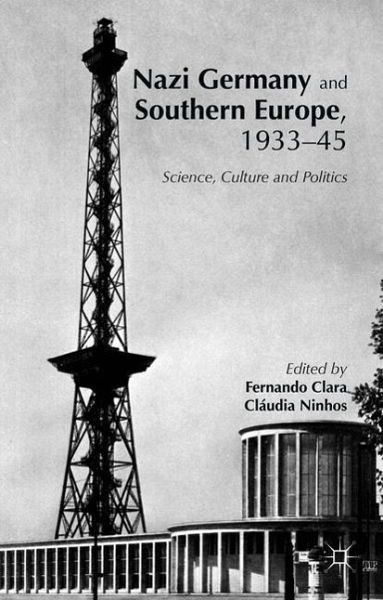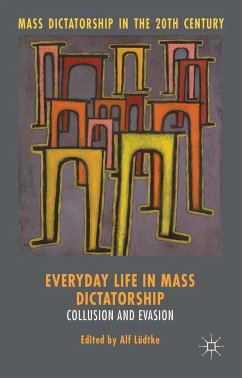
Nazi Germany and Southern Europe, 1933-45
Science, Culture and Politics
Herausgegeben: Clara, Fernando; Ninhos, Cláudia; Loparo, Kenneth A.

PAYBACK Punkte
34 °P sammeln!
Dealing with a hybrid international environment and an intricate set of objects that include individual, social, cultural or scientific networks and events, the contributions in this volume follow a path that attempts to mirror much of the course taken by Nazi Germany when approaching Southern Europe. Nazi Germany and Southern Europe, 1933-45 begins with the topic of cultural contacts, the German classical diplomatic first approach to foreign countries. From there it proceeds to the examination of how the hybrid German scientific and academic networks were formed, maintained and developed in S...
Dealing with a hybrid international environment and an intricate set of objects that include individual, social, cultural or scientific networks and events, the contributions in this volume follow a path that attempts to mirror much of the course taken by Nazi Germany when approaching Southern Europe. Nazi Germany and Southern Europe, 1933-45 begins with the topic of cultural contacts, the German classical diplomatic first approach to foreign countries. From there it proceeds to the examination of how the hybrid German scientific and academic networks were formed, maintained and developed in Southern European countries, while also taking into account a sensitive issue of this period and a central ideological piece of the Nazi regime: the circulation and appropriation of eugenics and 'race' related questions in Southern Europe. Finally, the German colonial discourse comes into focus and, with it, the political and scientific dimensions of National Socialist expansionist policies. It is a European study that maybe unexpectedly, and yet logically, can only end in South America.












